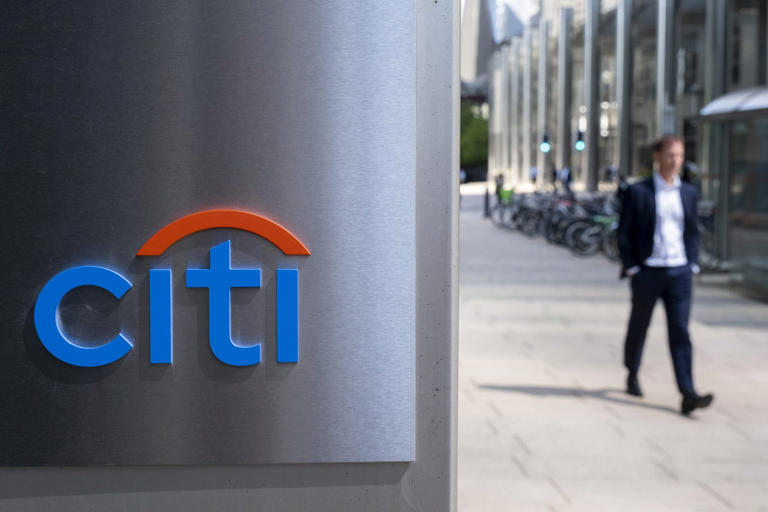In the annals of financial mishaps, few incidents stand out as prominently as the infamous “fat-finger” trade that cost Citigroup Global Markets Limited (CGML) a staggering $79 million. Occurring in 2022, this colossal blunder sent shockwaves through the financial world, serving as a stark reminder of the fragility inherent in the global markets.
The fateful error transpired when a trader at the Citi subsidiary, innocently attempting to execute a routine trade, inadvertently entered a sell order for $444 billion instead of the intended $58 million. This monumental mistake went unnoticed for a critical 15-minute window, during which it wreaked havoc on major European stock indices, triggering a brief but significant market meltdown. The immediate aftermath saw Citigroup nursing a substantial loss of $48 million, while regulators swiftly moved to investigate the root causes of the debacle.
Central to the regulatory scrutiny were Citigroup’s internal controls, which were deemed inadequate in preventing such a glaring error from cascading into the open market. The Financial Conduct Authority (FCA), in a scathing rebuke, emphasized the imperative for financial firms to reassess and fortify their risk management frameworks, particularly in light of the lightning-fast pace and intricate dynamics of modern financial markets.
A deeper dive into the incident revealed alarming deficiencies in Citigroup’s risk management protocols. Despite the trader’s computer bombarding them with a staggering 711 warning messages, flagging potential errors, these alerts were inexplicably disregarded, allowing the erroneous trade to proceed unchecked. The FCA underscored the critical role of robust pop-up systems, designed to provide traders with a moment of pause to review and validate their orders, thus mitigating the risk of costly errors.
Compounding the issue was the absence of key personnel due to the UK’s Early May bank holiday, further delaying the detection and rectification of the error. By the time the mistake was belatedly noticed, a total of 284 market orders had been executed, amplifying the financial fallout to a staggering $1.4 billion in market value. The ensuing regulatory fines, totaling millions of dollars, served as a harsh rebuke to Citigroup’s lax risk management practices.
In the wake of the debacle, Citigroup swiftly moved to bolster its vetting protocols and shore up internal controls. A spokesperson reiterated the firm’s unwavering commitment to regulatory compliance and pledged to address the identified deficiencies promptly and comprehensively.
The “fat-finger” trade debacle stands as a sobering cautionary tale, highlighting the critical importance of robust risk management practices in safeguarding the integrity and stability of global financial markets. As regulators and financial institutions alike continue to grapple with the complexities and pitfalls inherent in modern finance, the imperative for stringent oversight and proactive risk mitigation measures remains as pressing as ever.
